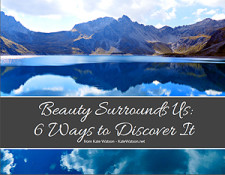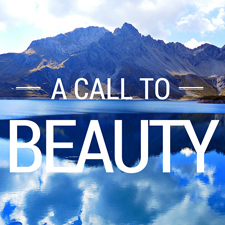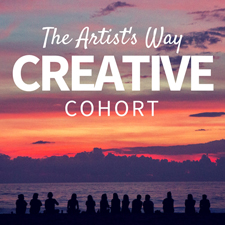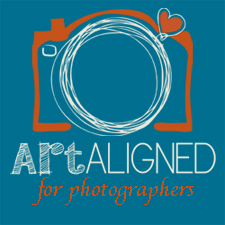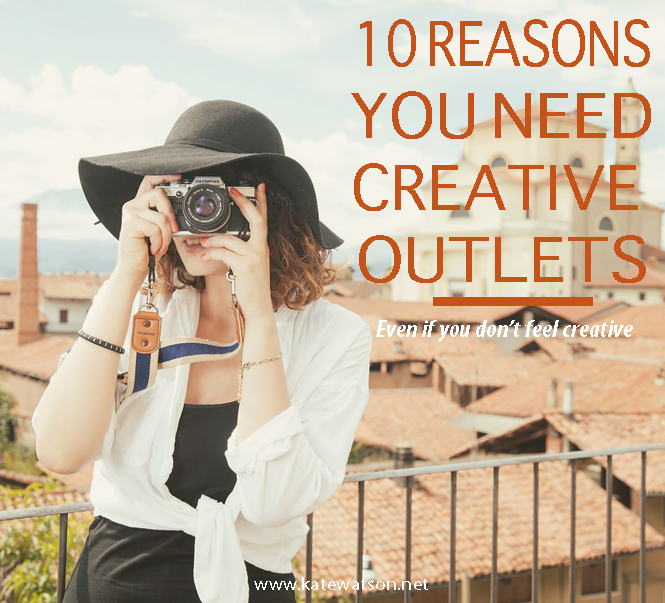
Whether you think you’re creative or not—spoiler: you are!—you need one or more creative outlets. Increasingly, research shows that engaging in creative activities improves your health and happiness.
Creativity sits at the top of Maslow’s Hierarchy of Needs, nestled among the self-actualization needs that help you realize your full potential. By listing creativity as a self-actualization need, Maslow was suggesting it is something you can address only once you’ve met certain baseline needs, from food, shelter, health, and safety, to love and acceptance.
New research suggests that Maslow might be wrong, however. Having a creative outlet may, in fact, be an essential ingredient to a happy and healthy life.
According to a study in the American Journal of Public Health, “Engagement with creative activities has the potential to contribute toward reducing stress and depression and can serve as a vehicle for alleviating the burden of chronic disease.”
Clinical neuropsychologist Catherine Carey Levisay adds, “There’s promising evidence coming out to support what a lot of crafters have known anecdotally for quite some time, and that’s that creating—whether it be through art, music, cooking, quilting, sewing, drawing, photography, cake decorating—is beneficial to us in a number of important ways.”
Specifically:
- Creating gives you a sense of purpose. “Imagining and creating give us a sense of purpose,” says educator, author, and founder of Harvard’s Change Leadership Group Tony Wagner. “If you lack those things, a pervasive sense of emptiness becomes [your] default. The great seduction later in life is that many of us fill the vacuum with false friends, material things, and medication, legal and otherwise.”
- Making time for creativity gives you a sense of power. Scheduling time for yourself to engage in creative outlets also gives you a sense of power over your life, increasing positive feelings.
- Scheduling your creativity ensures follow through. By committing to something on a regular schedule such as a dance class or artist date, you ensure that you’re making time for yourself and experiences you enjoy—a critical element of life satisfaction.
- Creative engagement increases mindfulness. Engaging in creative outlets forces you to remain present and focused on the task at hand, relieving you of any anxiety and stress you may have brought to the experience. It’s a simple form of mindfulness training anyone can experience.
- Creative outlets lower stress. Similar to other forms of mindfulness, including meditation and yoga, creative pursuits have been found to lower blood pressure, the stress hormone cortisol, and your body mass index.
- Creativity boosts your mood. Biologically, when you engage in an enjoyable pastime, the reward center in your brain releases dopamine, a natural anti-depressant. As a bonus, seeing your finished work reminds you of the creation process, invoking added positive feelings after the fact.
- Creative accomplishment boosts self-esteem. Completing a creative project, particularly one that tested your abilities, offers a sense of accomplishment that leads you to believe you can accomplish other new things, thus boosting your self-esteem.
- Joining a creative community offers kinship and support. Engaging in a regular creative activity, particularly a class, also offers an opportunity to expand your circle of creative friends, finding kinship and support.
- Creative pursuits may ward off aging. Learning new things, particularly creative outlets that involve many areas of your brain, “can improve reasoning skills and the brain’s processing speed for up to 10 years after said training has been completed,” a recent clinical trial revealed.
- Engaging in creative activities makes us happy! Last but not least, we have to remember that “creating helps make people happier, less anxious, more resilient and better equipped to problem-solve in the face of hardship,” Amanda Enayati shares.
Being happy leads to even more positive benefits. As psychologist and author Richard Wiseman writes in 59 Seconds: Change Your Life in Under a Minute, “Happiness makes people more sociable and altruistic, it increases how much they like themselves and others, it improves their ability to resolve conflict, and it strengthens their immune systems.
“The cumulative effect means that people have more satisfying and successful relationships, find more fulfilling careers, and live longer, healthier lives.”
Creativity: Making lives healthier and happier since the dawn of time. Another interesting finding from Wiseman’s book is that intentional change is a key to maximizing your happiness. While circumstantial change, such as getting a raise or buying a new car, makes us temporarily happy, intentional change results in longer-lasting happiness.
Since the new year is almost upon us, start thinking about cultivating a new hobby, beginning a new project, or joining a creative community. Let me know what’s in your cards in the comments.
Cheers,
Do you feel burned out or out of touch with your creative spirit? Are you ready to conquer the blocks standing in the way of your new creative life? Join me for The Artist’s Way Creative Cohort, a 6-month creativity workshop and community for creative women. Registration is now open!







